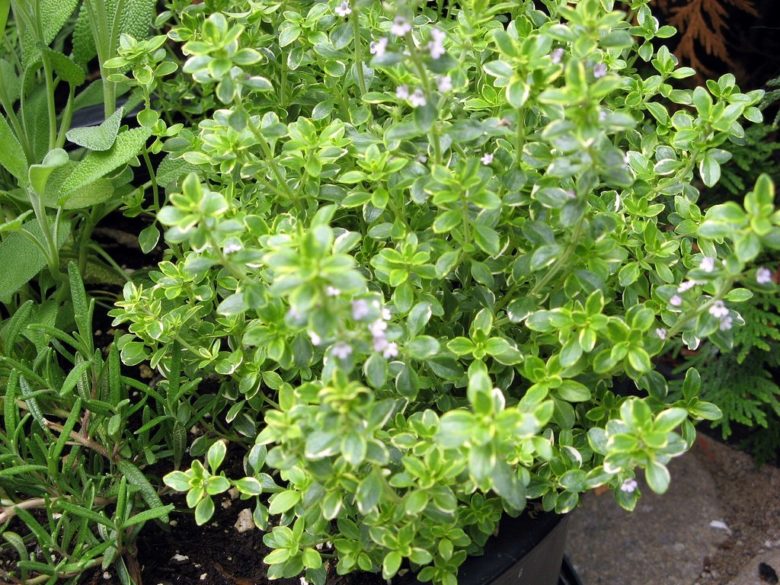

All these effects will be augmented by increased digestive secretions.Įxternal: Useful in massage oils and liniments for aching joints, muscular pain, cuts & wounds. Thyme is a modest bitter, so stimulating upper digestive activities, and it is likely to be a good corrector of the gut environment, useful in cases of enteric infections. In strong solutions or simply chewed as a fresh herb thyme will help fight infection of the gums, throat and larynx.ĭigestive: The range of volatile oils, including thymol, also help to relieve digestive spasm acting as a carminative in indigestion. Immune: The thymol component of thyme adds antibiotic, anti-fungal, anti-bacterial and anti-infective properties. This is mainly because thyme is rich in iron, the deficiency of which results in anaemia.Respiratory: Thyme is particularly effective at relieving spasmodic coughing and is also indicated in any respiratory conditions characterised by excess levels of mucus, phlegm or catarrh.

Treats digestive disorders: Thyme oil has carminative properties due to the presence of essential oils.So you can add thyme leaves to your food to improve your heart health. This, in turn, prevents severe blockages in your heart and safeguards you from a heart attack.

Improves heart health: One of the medicinal benefits of thyme is that it significantly reduces cholesterol in the blood.You can apply thyme oil to your eyes in case of irritation to get relief. The main reason behind this is the presence of Vitamin A, which maintains a healthy amount of mucus in the eyes. Improves eyesight: One of the most noteworthy health benefits of thyme is that it can help in improving the eyesight of an individual.This is important since the lipid in cooking oil undergoes oxidation over time, leading to the loss of its stability, quality, safety, and nutritional value. Prolongs cooking oil stability: Scientists observed that thyme significantly lengthens the stability of cooking oil.Additionally, it has also successfully fought bacteria, viruses, rats and mice. Controls pests: One of the significant uses of thyme leaves is that they can effectively kill tiger mosquitoes that are primarily present in tropical and subtropical regions of Southeast Asia.However, you need to consume thyme in sufficient quantities to observe noticeable results. These nutrients considerably aid in boosting the immunity of an individual. Boosts immunity: Thyme contains several essential micronutrients such as vitamin A, vitamin C, iron, manganese, and copper.This is because it contains a compound known as carvacrol which stimulates the secretion of dopamine and serotonin, which are known to regulate your mood. Uplifts mood: One of the advantages of thyme is that it can significantly uplift your mood when you are upset or depressed.However, it is not so effective against a very high concentration of mould in your house. It can effectively remove disease causing bacteria from your home. Acts as a disinfectant: One of the primary uses of thyme oil is that it acts as an excellent disinfectant due to its antibacterial properties.So, you can opt for a thyme tea in case of excess cough. Studies have shown that thyme, along with ivy leaves, cured bronchitis symptoms to a significant extent. Treats cough and cold: Thyme has proven to be highly effective against cough and cold.However, there is not much evidence supporting the fact that thyme oil effectively deals with pimples. The main reason for this is the antibacterial properties of thyme against the acne causing germ, Cutibacterium acnes. Fights acne: Thyme oil can effectively treat acne if you apply it to the affected areas daily.


 0 kommentar(er)
0 kommentar(er)
